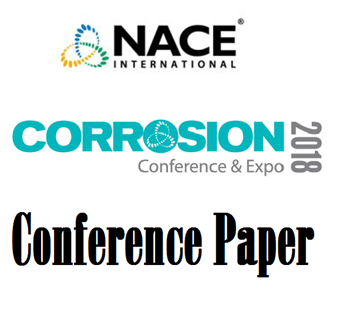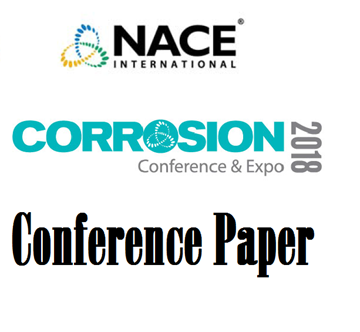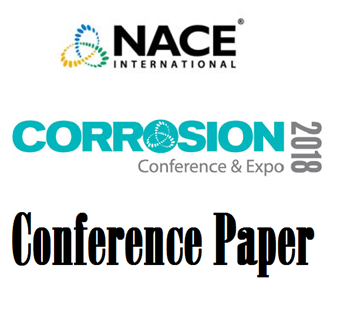Search
51318-10543-Resistance of polyethylene grades with permeation barriers in biofuels
Also Purchased
51318-10539-Marine anticorrosion and antifouling assessment of multifunctionalized hybrid sol-gel coatings
Product Number:
51318-10539-SG
Publication Date:
2018
$20.00
51318-10524-Probabilistic Performance Assessment of Bolts Used in Oil and Gas Drilling and Production Systems
Product Number:
51318-10524-SG
Publication Date:
2018
$20.00
51318-10535-Corrosion of Fire Sprinkler Piping in Untreated Pond Water under Nitrogen
Product Number:
51318-10535-SG
Publication Date:
2018
$20.00




